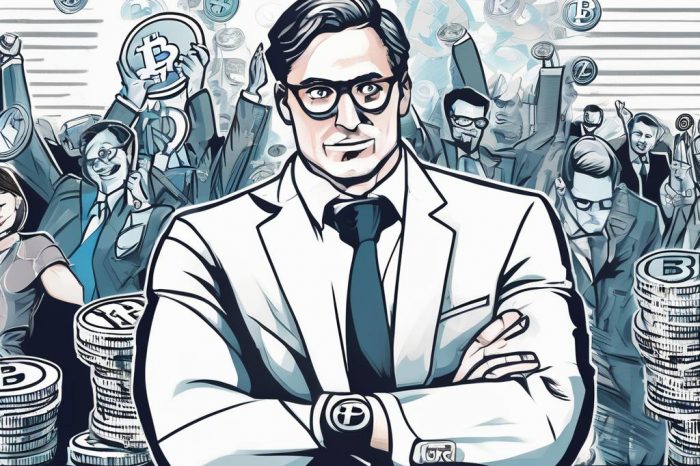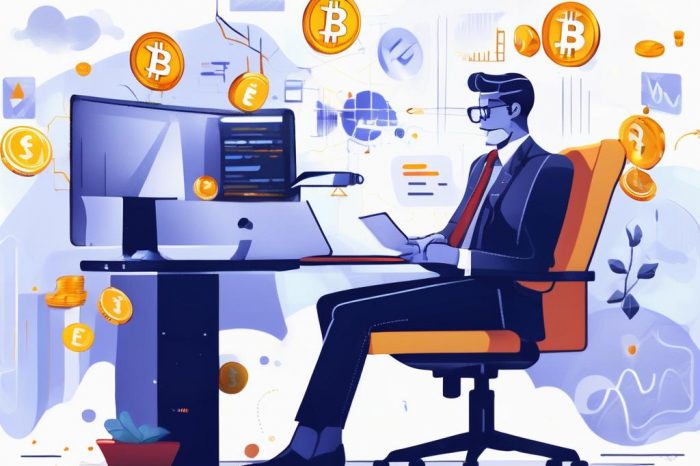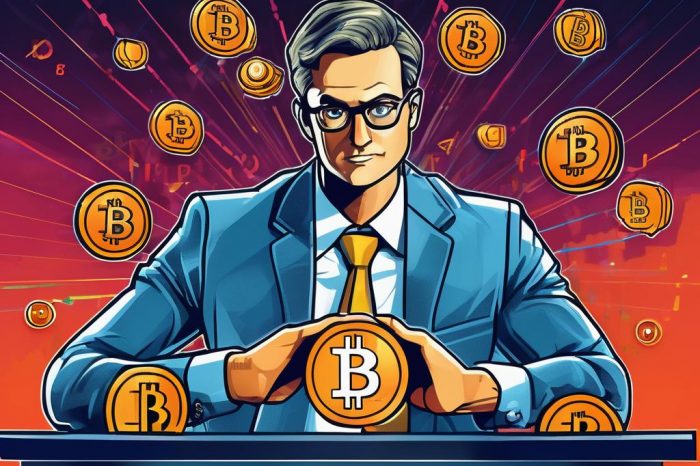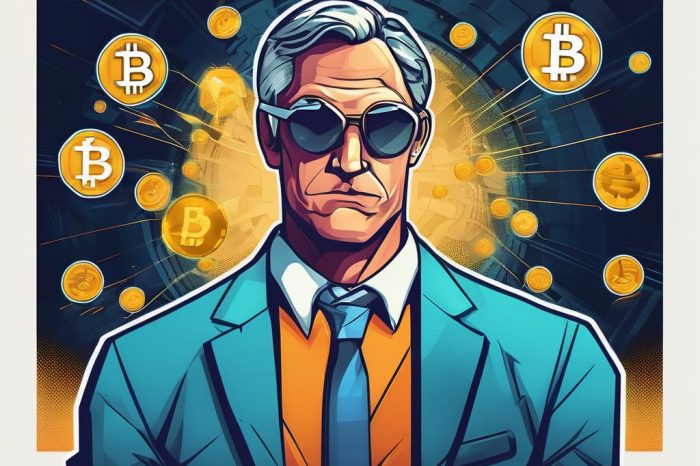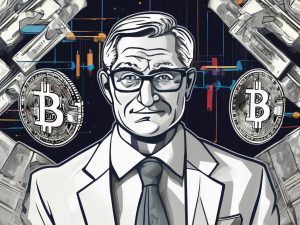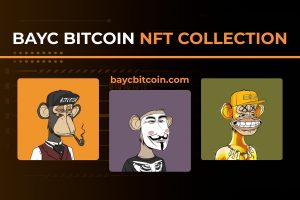WikiLeaks blocked by Coinbase, calls Coinbase an unfit member of crypto community
WikiLeaks has called out for a global boycott of Coinbase, calling them an unfit member of the crypto community. This comes after an announcement by WikiLeaks Shop on Twitter saying that they have been blocked by Coinbase without any explanation.
ANNOUNCE: Coinbase has blocked the official @WikiLeaks shop from its platform without notice or explanation. You can continue to donate #Bitcoin to WikiLeaks at https://t.co/lvhoyhlqUa. #Coinbase #DefendWL #Cryptocurrency #Ethereum #BitcoinCash #ReconnectJulian pic.twitter.com/4BSS023OOk
— WikiLeaks Shop (@WikiLeaksShop) April 21, 2018
WikiLeaks and Bitcoin
WikiLeaks’s history with Bitcoin goes a very long way back. In an AMA on Reddit, Julian Assange the founder of WikiLeaks described his first tryst with bitcoin in 2010 when major payment processors had blocked Wikileaks from access to their services. But Satoshi Nakamoto had personally implored Assange not to consider Bitcoins as a form of fundraising as he felt that the attention from law enforcement agencies would have killed the project in its infancy.
WikiLeaks had begun using Bitcoin in the year 2011. Assange felt that this was a momentous decision as, at the time of the AMA, WikiLeaks had made investments in Bitcoin that reaped the rewards of over 80x their original investment.
Larger questions for cryptocurrencies
While there has been a vocal uproar over Coinbase’s step of blocking WikiLeaks, it must not be forgotten that Coinbase has been one of the major reasons for the growth of the cryptocurrencies. Their sleek interface and strong security standards have been major catalysts for cryptocurrency adoption in the USA. They have also taken the difficult road of adhering to the norms of the law along with players like Gemini. Their efforts at gaining influence among the regulators and educating them of the potential of cryptocurrencies have been a major driver for the positivity among these regulators about cryptocurrencies.
But adherence to the law begs a larger question: How is Coinbase any different from a bank now? These laws have been put in place for genuine reasons: to prevent money laundering, terrorist financing, and other bad actions. And that is necessary for a society to function in peace.
But doesn’t that defeat the purpose of a censorship-resistant coin? People within the community has proposed the use of alternatives like Bisq, Hodl Hodl etc. But what happens when you have standards put in place across the globe about putting in necessary procedures like KYC/ AML? And failure to do so will result in a violation of the law.
Will we see the same courage from these developers to build products that are completely open? Can they stand the heat from regulators and law enforcement? Let’s assume that the law is open to these platforms, how do you balance the openness of crypto while preventing misuse of these platforms?
Discuss this news on our Telegram Community. Subscribe to us on Google news and do follow us on Twitter @Blockmanity
Did you like the news you just read? Please leave a feedback to help us serve you better
Disclaimer: Blockmanity is a news portal and does not provide any financial advice. Blockmanity's role is to inform the cryptocurrency and blockchain community about what's going on in this space. Please do your own due diligence before making any investment. Blockmanity won't be responsible for any loss of funds.

